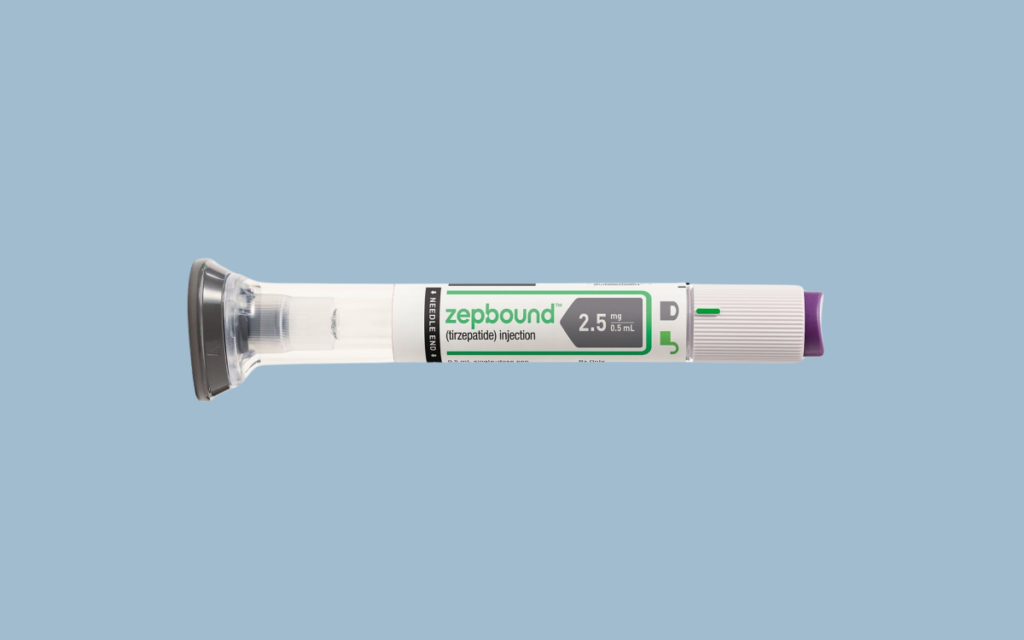The ripple effects of GLP-1s continue.
The latest: Pharmaceutical giant Eli Lilly will push direct-to-patient weight loss prescriptions through a new website, LillyDirect.
Partnering with telehealth provider Form Health, the drug maker aims to increase access to obesity drugs like its recently approved Zepbound — promising “efficiency and convenience” for “consistent access to Lilly medicines.”
Drug wars. With the market for weight loss drugs tracking toward $200B by 2030, Lilly hopes to outmaneuver rivals like Ozempic maker Novo Nordisk. The move also threatens GLP-1-prescribing digital platforms like Ro, Noom, WeightWatchers, and Found.
In or out. The flurry is prompting response from fitness and wellness brands. Last week, recovery spa Restore Hyper Wellness launched an obesity drug weight loss program, joining WW, Noom, Life Time, and Xponential Fitness as opt-ins.
Opting out, on a forthcoming episode of the Fitt Insider Podcast, Crunch Fitness CEO Jim Rowley said the gym chain will not dispense GLP-1s.
Another approach, Equinox is tailoring personal training to clients on weight loss drugs — curtailing significant muscle loss associated with treatment. Given its high-end clientele and notable health advisory board, the company could soon opt-in.
Looking ahead: Surveying the rapidly evolving space, our perspective remains the same — solving the obesity epidemic requires a multi-faceted approach. If we shill miracle cures without addressing root causes, the problem will only get worse.






